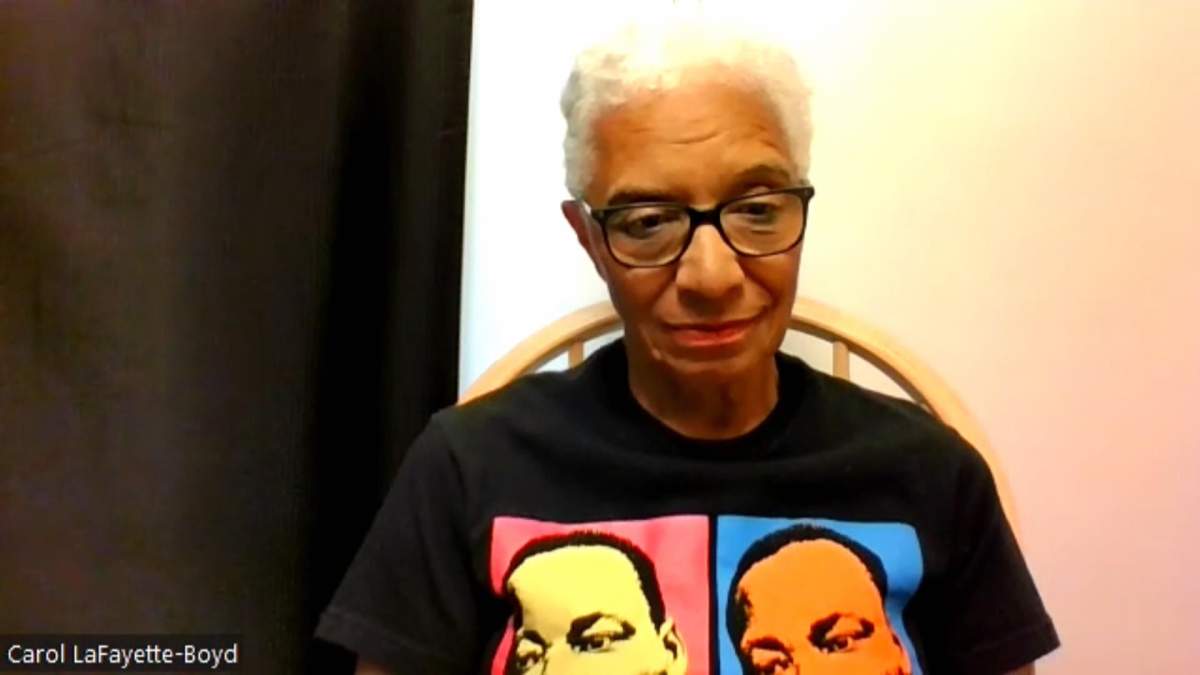Juneteenth is a federal holiday in the United States commemorating the emancipation of enslaved African Americans and while it isn’t recognized in Canada, it is still an opportunity to learn about the history of slavery.

“My great-grandmother was born in 1870 and was still treated like a slave. She had scars on her back because of being treated like a slave. That would have probably been in the early 1880s and that was already twenty years after slavery had ended,” said Carol LaFayette-Boyd, volunteer executive director at the Saskatchewan African Canadian Heritage Museum.

The emancipation order was given by Major General Gordon Granger in Texas on June 19, 1865, after the Civil War.
“Knowing what happened before is something that people will recognize why some people still suffer,” said LaFayette-Boyd. “It was only 150-something years ago so there’s a real history passed down to descendants of those slaves.”

Get breaking National news
She noted the beginning of freedom did not mark the end of discrimination.
“I know it’s still here. I lived in the United States and I always wanted to be home because I always felt like a human being in Saskatchewan whereas in the United States, I recognized myself as a Black person when we should just all be able to look at ourselves as another human being.”
She said during her first trip to Virginia in 1965 she saw a ‘whites only’ sign hanging outside a store.
“When people are educated, they may be better able to not make the same kind of mistakes that were made, to treat people without dignity and respect,” LaFayette-Boyd said. “I would hope people embrace the idea of Juneteenth and recognize it as another opportunity to learn that these are some of the things that we don’t want to see again happen in the world.”











Comments
Want to discuss? Please read our Commenting Policy first.